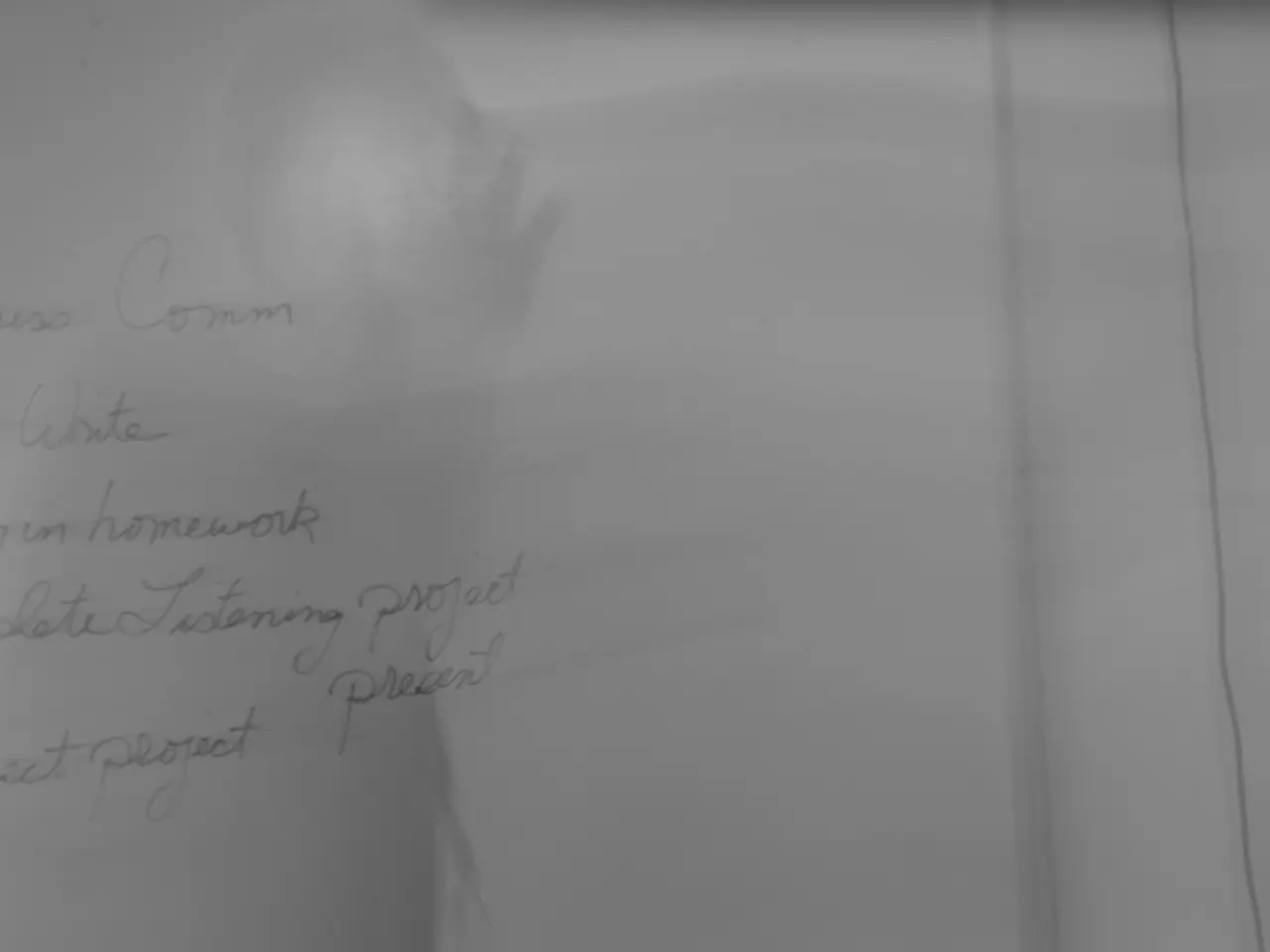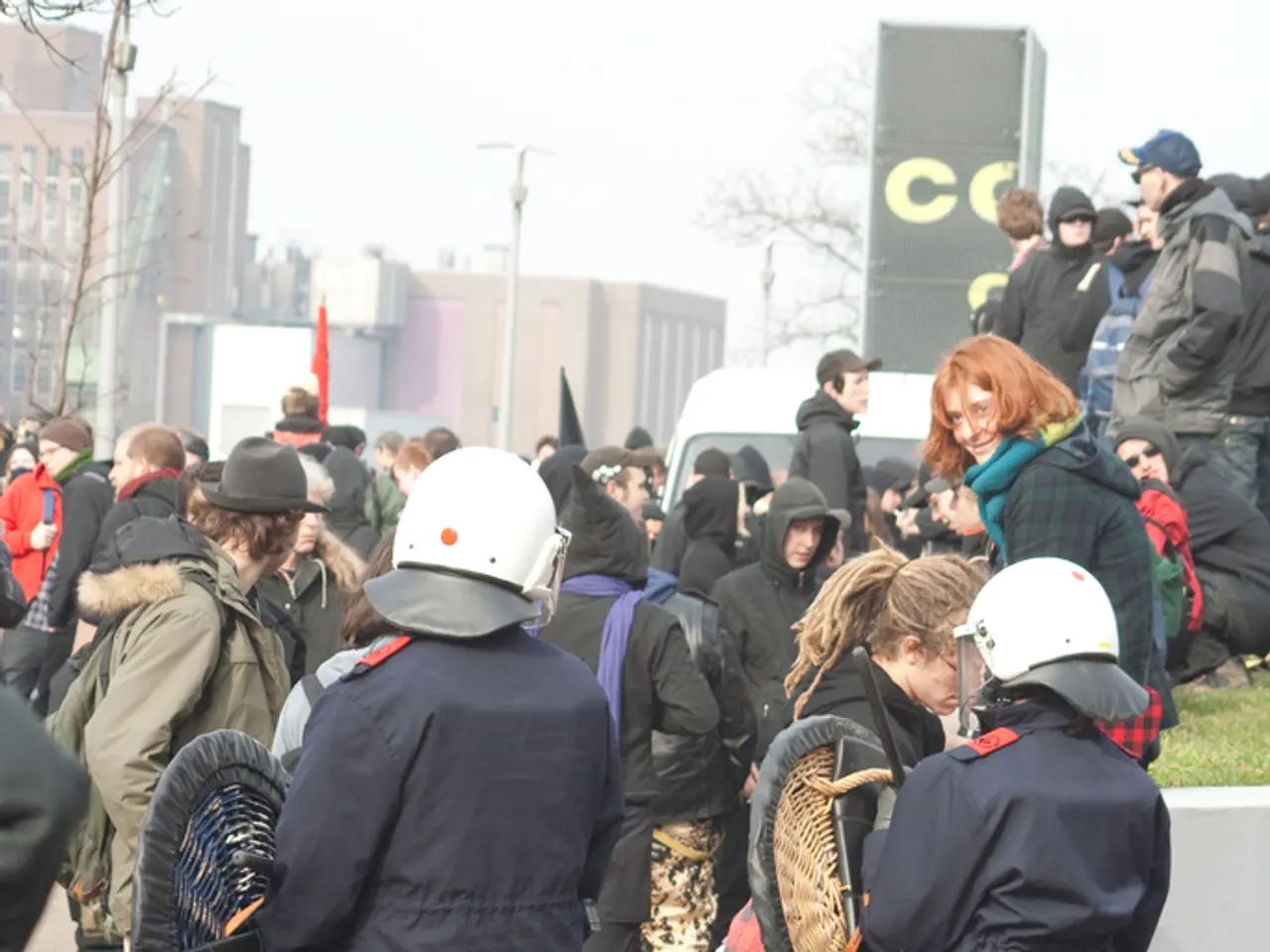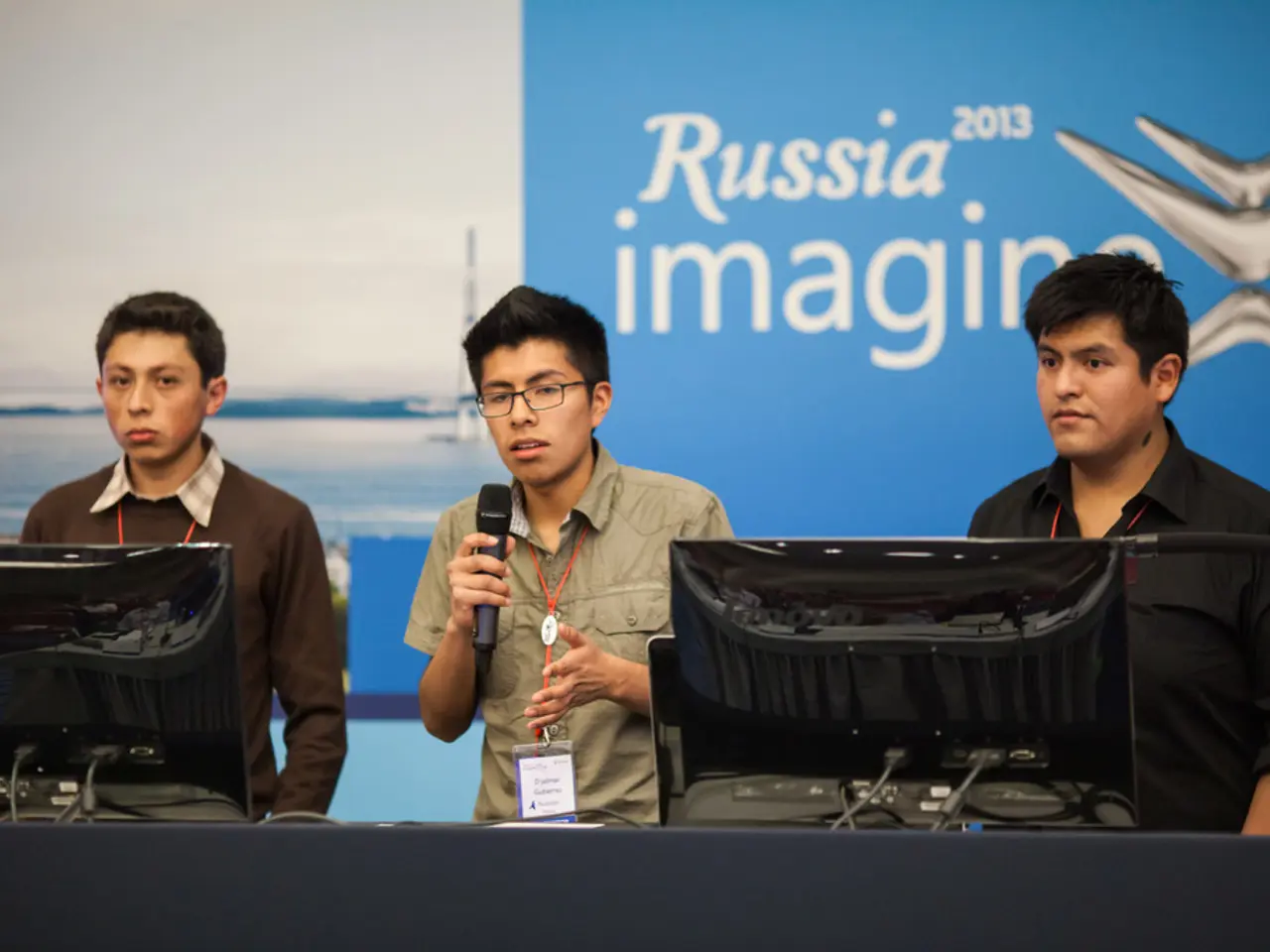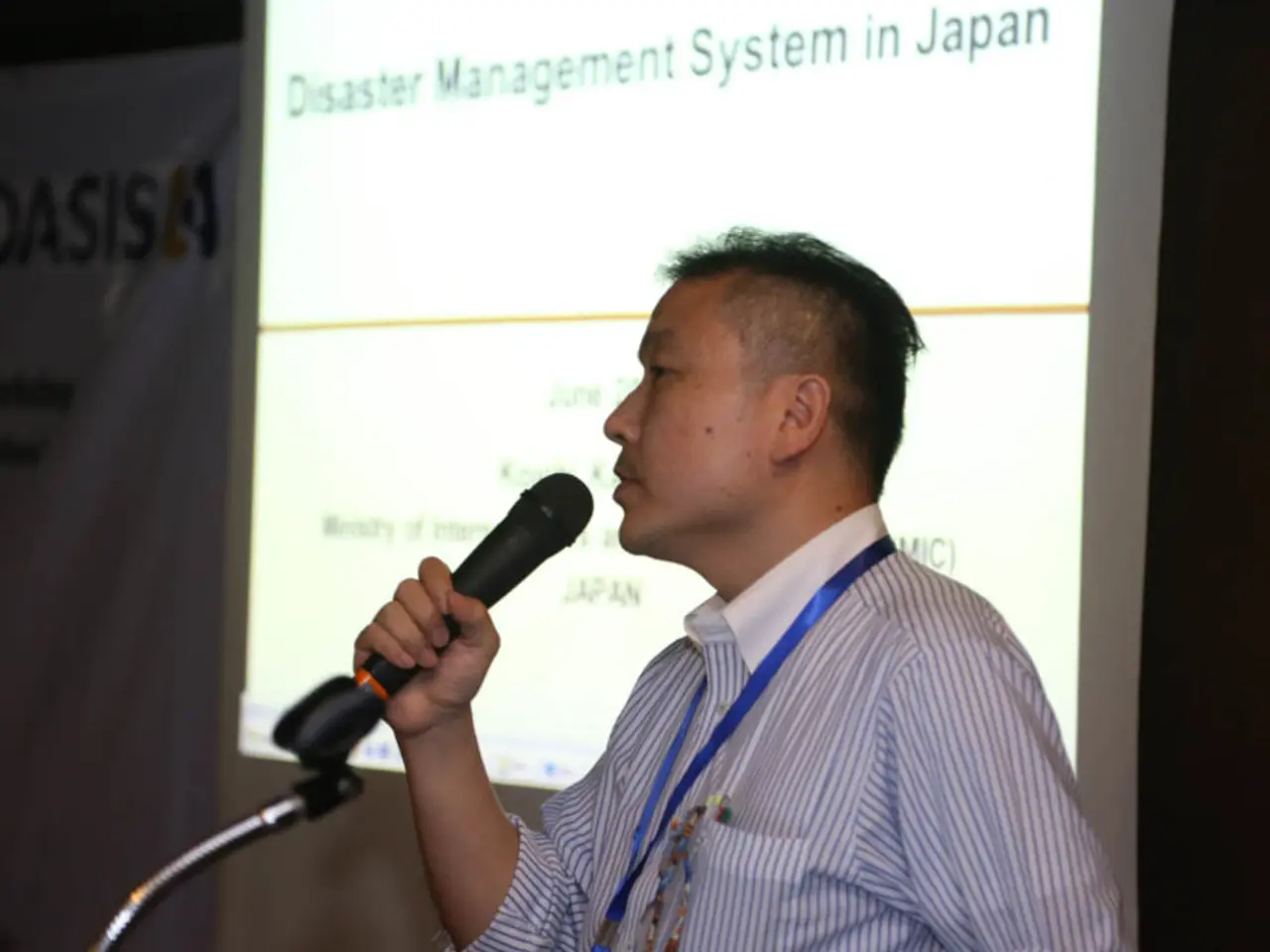Lithuania's security equates to our security, asserts Steinmeier - Lithuania's safety is our concern, asserts Steinmeier
In a significant move, Germany is set to deploy its 45th Armoured Brigade, comprising around 4,800 troops, in Lithuania as part of a strategic response to Russia's invasion of Ukraine and to bolster NATO's eastern flank security. This marks Germany's first permanent foreign troop presence since World War II and signifies a shift from the country's prior military caution to a leading security provider role in the alliance's most vulnerable region.
The deployment, scheduled for completion by the end of 2027, is central to NATO's Vigilant Falcon initiative, designed to counter any potential Russian attack, particularly in the strategically sensitive "Suwalki Gap" corridor. This corridor links Lithuania with other Baltic states and serves as a narrow buffer zone between Russia's Kaliningrad exclave and Belarus.
The primary purpose of this deployment is threefold: to prevent possible aggression from Russia against Lithuania and NATO's Baltic allies, to serve as the regional command center for rapid NATO reinforcement efforts, and to provide a credible and permanent deterrent on NATO's easternmost frontier. This move aims to reassure Baltic states that Germany and NATO stand committed to their defense.
This strategic transformation in Germany's defense policy is reflected in Chancellor Friedrich Merz's embrace of a more proactive defense policy, with increased military spending commitments and the aim to build Europe's strongest conventional army. The deployment demonstrates Germany's readiness to lead NATO efforts directly on the frontline in Eastern Europe, countering Russian threats and reinforcing collective defense under NATO's Article 5.
However, the deployment has not been without controversy. Kremlin-aligned media have launched disinformation campaigns portraying the German presence as destabilizing or foreign occupation, attempts intended to undermine NATO unity and regional trust.
During a visit to Lithuania, Federal President Frank-Walter Steinmeier reiterated Germany's firm stance in standing with Lithuania, assuring them of Germany's support in defending their freedom. At a military ceremony for the National Day, Lithuanian President Gitanas Nauseda described the German brigade as a "powerful signal of European solidarity and responsibility." Steinmeier later visited the headquarters of the Armored Brigade 45 "Lithuania" and expressed pride in standing by the Lithuanian people.
The Baltic states, fearing they could be the next victims of Russian President Vladimir Putin's expansionist ambitions after the attack on Ukraine, have welcomed this move. Lithuanian President Nauseda thanked Steinmeier for Germany's support at Europe's border, while Steinmeier emphasized that freedom is a task, not a given.
As the soldiers prepare to protect Lithuania from threats from Russia and strengthen the eastern flank of NATO, this deployment serves as a clear signal of deterrence against Russia and a tangible effort to reinforce NATO's eastern flank defense. This shift in German defense policy and NATO's posture in the Baltic region is a testament to the alliance's commitment to collective defense and the protection of its members' security.
- The deployment of Germany's 45th Armoured Brigade is a part of the NATO's Vigilant Falcon initiative, a policy designed to counter potential Russian attacks, particularly in the Suwalki Gap corridor, which is a sensitive region that links Lithuania with other Baltic states.
- The presence of German troops in Lithuania, aimed at preventing aggression and serving as a rapid NATO reinforcement command center, is a response to war-and-conflicts, specifically the invasion of Ukraine, and a shift towards a more proactive defense policy in Europe.
- This deployment, involving changes in employment policy and the strengthening of Germany's military, is also a political decision aimed at reinforcing collective defense under NATO's Article 5 and reassuring the Baltic states of their security, amidst concerns about migration and Russian threats.






